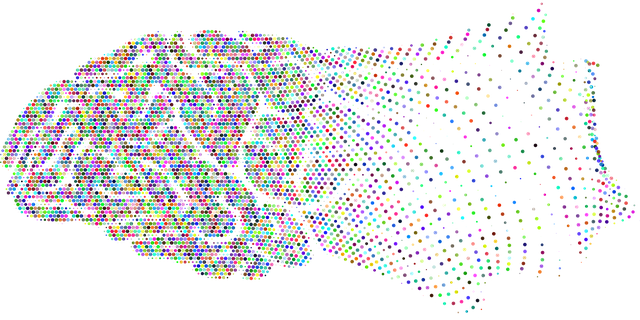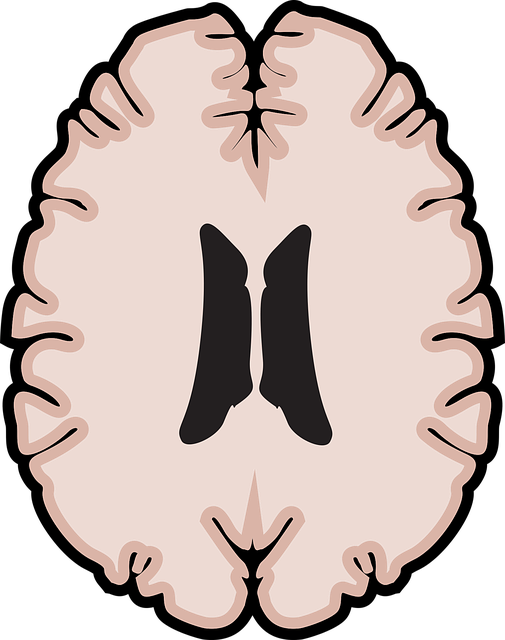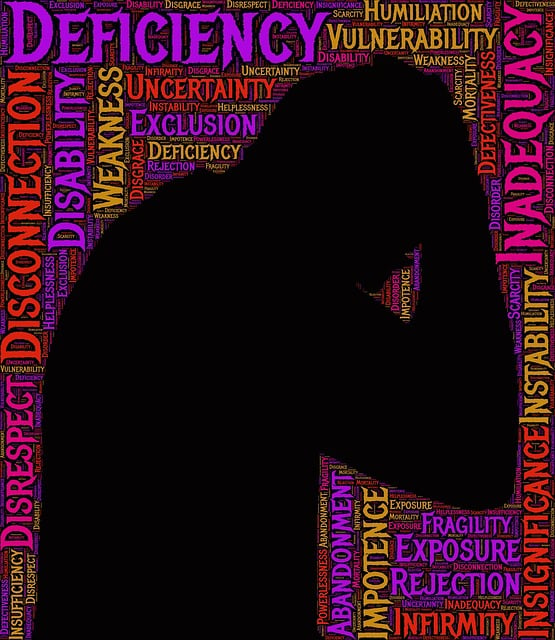Denver Abuse Survivors Therapy (DAST) is a leading non-profit organization dedicated to transforming lives and building resilient communities through specialized services for abuse, trauma, or neglect survivors. They employ innovative Emotional Well-being Promotion Techniques to foster self-esteem improvement and create safe healing spaces. Through strategic community outreach, tailored programs, and regular evaluation, DAST promotes holistic recovery, encouraging personal growth, resilience, and a positive outlook on life for Denver's abuse survivors. Their key strategy involves offering specialized therapy, Mental Health Awareness campaigns, and tailored support to break down care barriers and empower individuals to manage their emotional and psychological health.
Community outreach programs play a pivotal role in healing and empowerment, especially for survivors of abuse. This article explores an innovative model, Denver Abuse Survivors Therapy (DAST), and its mission to support those affected by trauma. We delve into strategic planning for effective community engagement, implementation of tailored support programs, and measurement of impact. By examining DAST’s approach, we highlight best practices for creating meaningful connections and positive change in communities across the nation.
- Understanding Denver Abuse Survivors Therapy (DAST) and its Mission
- Planning Effective Community Outreach Strategies
- Implementing Support Programs and Services
- Measuring Impact and Continuous Improvement
Understanding Denver Abuse Survivors Therapy (DAST) and its Mission

Denver Abuse Survivors Therapy (DAST) is a renowned non-profit organization dedicated to transforming lives and building resilient communities. With a strong mission, DAST offers specialized services aimed at supporting individuals who have experienced abuse, trauma, or neglect. Their comprehensive approach focuses on empowering survivors through therapy, mental wellness coaching programs, and various development initiatives. The organization believes in fostering emotional well-being promotion techniques that help individuals regain their sense of self and cultivate a positive outlook on life.
By implementing innovative Emotional Well-being Promotion Techniques, DAST goes beyond traditional therapy to facilitate Self-Esteem Improvement among its clients. They understand the profound impact of trauma and strive to provide a safe space for healing. Through dedicated professionals and tailored programs, DAST facilitates personal growth, encourages resilience, and promotes holistic recovery, making a significant difference in the lives of Denver’s abuse survivors.
Planning Effective Community Outreach Strategies

Community outreach programs require careful planning to be effective. The first step is to identify the specific needs and concerns within the community, such as those faced by Denver Abuse Survivors Therapy clients. By understanding their unique challenges, organizations can tailor their strategies to offer targeted support. This involves engaging with local leaders, attending community events, and conducting surveys or focus groups to gather insights from residents.
Effective outreach also means diversifying communication channels. Utilizing social media, local newspapers, community boards, and partnerships with existing organizations ensures a broader reach. For instance, promoting self-awareness exercises and stress reduction methods through these avenues can help engage individuals who might not otherwise access such resources. Additionally, regular evaluation of the program’s impact is crucial to measure success, identify areas for improvement, and ensure that services remain relevant and beneficial to the community.
Implementing Support Programs and Services

Implementing support programs and services is a pivotal step in fostering a strong and resilient community. One such initiative that has proven effective is Denver Abuse Survivors Therapy (DAST), which offers specialized treatment for individuals who have experienced trauma, abuse, or neglect. DAST provides mental wellness coaching programs designed to enhance resilience building among its participants, helping them navigate life’s challenges with greater ease.
In addition to DAST, community outreach efforts can incorporate Mental Health Awareness campaigns that educate residents on recognizing and addressing various mental health issues. These initiatives not only promote individual well-being but also foster a culture of support and understanding within the community. The development of such programs encourages open conversations about mental health, breaks down barriers to care, and empowers individuals to take control of their emotional and psychological well-being.
Measuring Impact and Continuous Improvement

Measuring the impact of community outreach programs is a crucial step to ensure they are effectively addressing the needs of survivors, such as those accessing Denver Abuse Survivors Therapy services. By implementing robust evaluation methods, organizations can gain valuable insights into the program’s success and identify areas for improvement. This process involves collecting qualitative and quantitative data, including feedback from participants, to assess changes in their lives due to the outreach initiatives. For instance, tracking improvements in mental health, self-care routine development, and overall well-being over time can highlight the program’s effectiveness.
Regular assessment allows for continuous improvement, enabling organizations to adapt their communication strategies and Trauma Support Services to better serve the community. By staying responsive to survivor feedback and evolving needs, Denver Abuse Survivors Therapy can revolutionize support systems, fostering a more resilient and healed community.
Denver Abuse Survivors Therapy (DAST) exemplifies a powerful community outreach program, providing vital support to survivors of abuse. By understanding their mission and implementing effective strategies, we can create a safety net for those in need. Through structured programs and continuous improvement based on measurement, we enhance the impact and ensure that resources reach the right people. This approach, inspired by DAST’s model, offers a promising path forward for organizations aiming to make a lasting difference in their communities.














